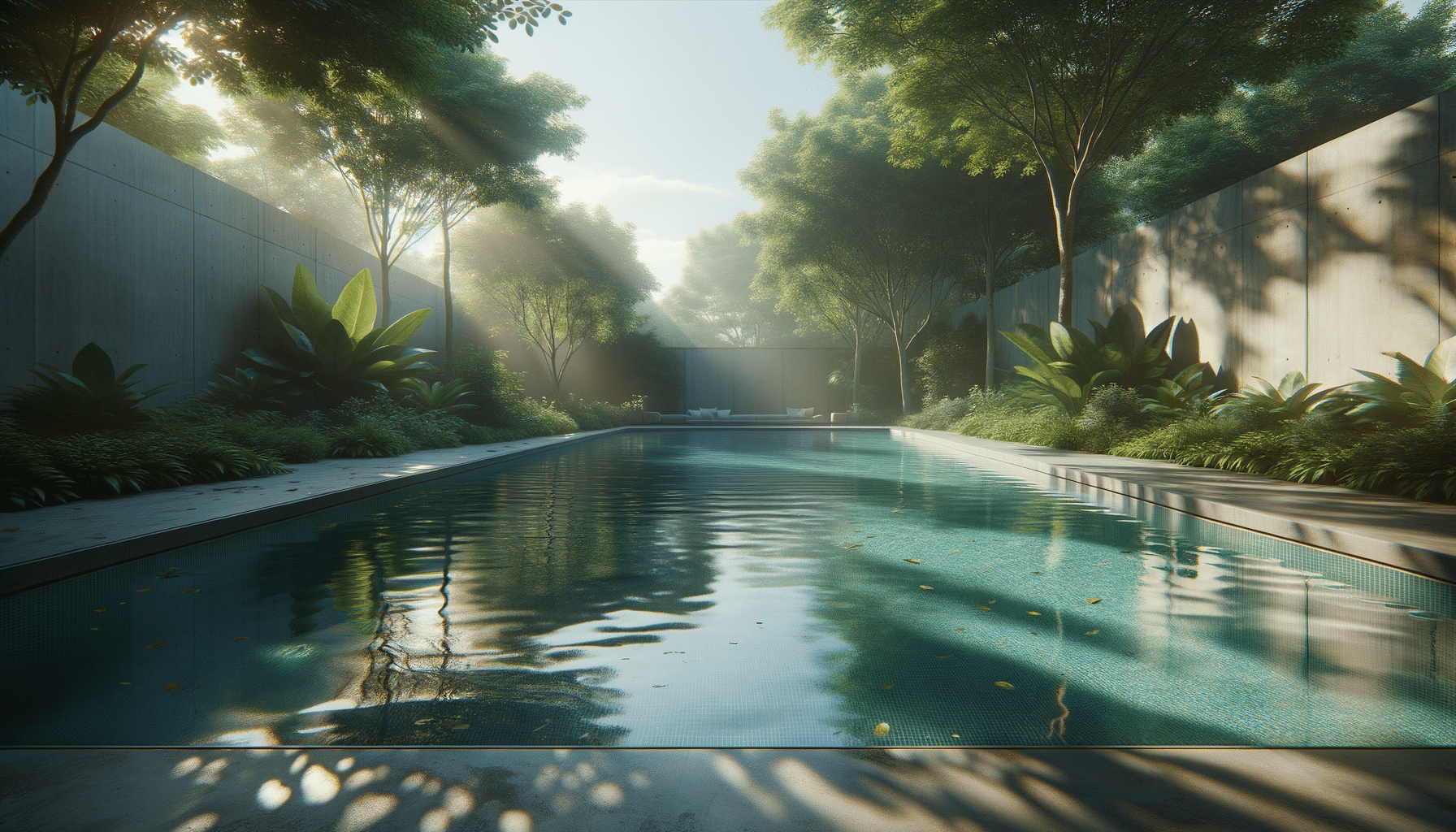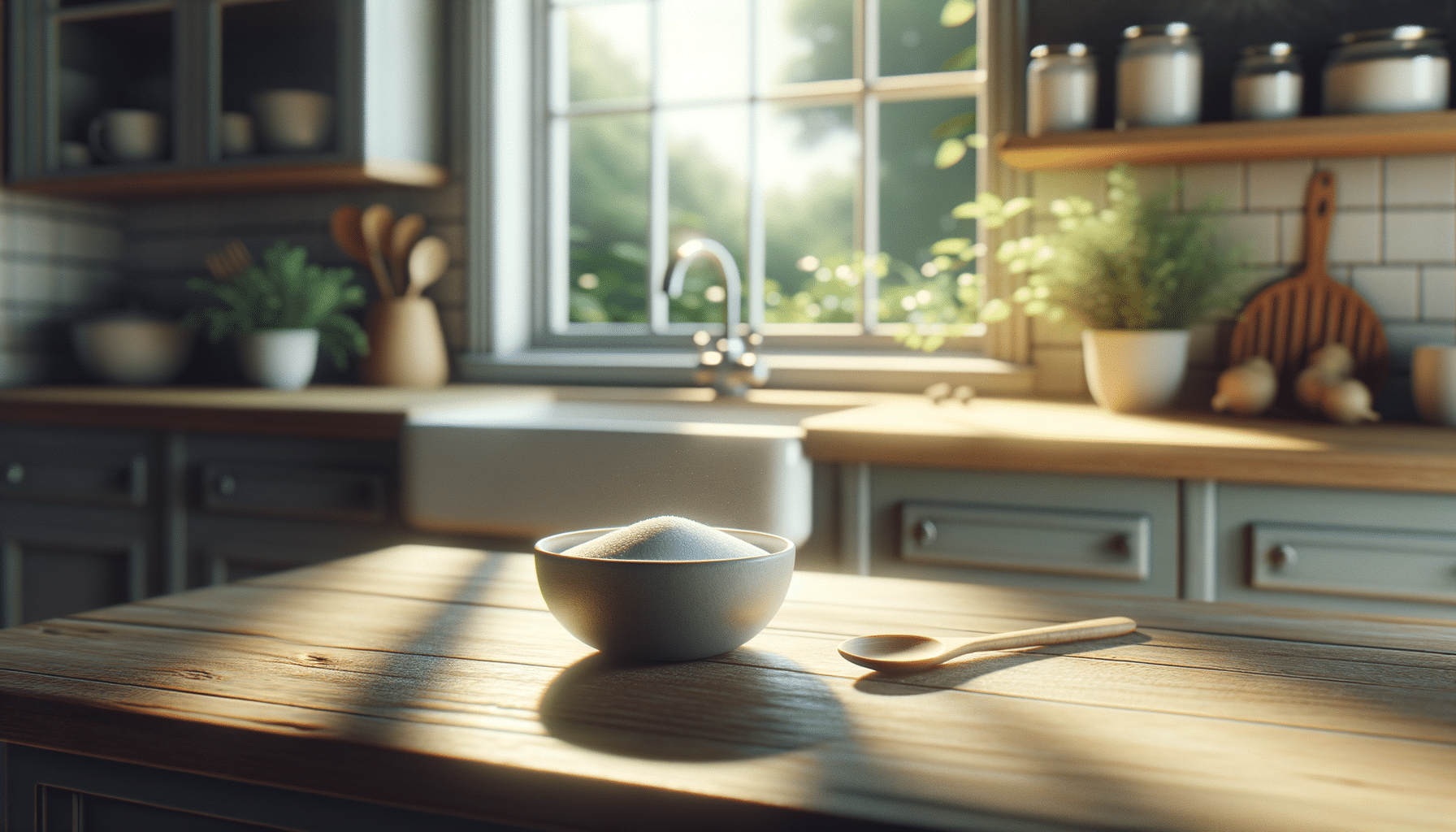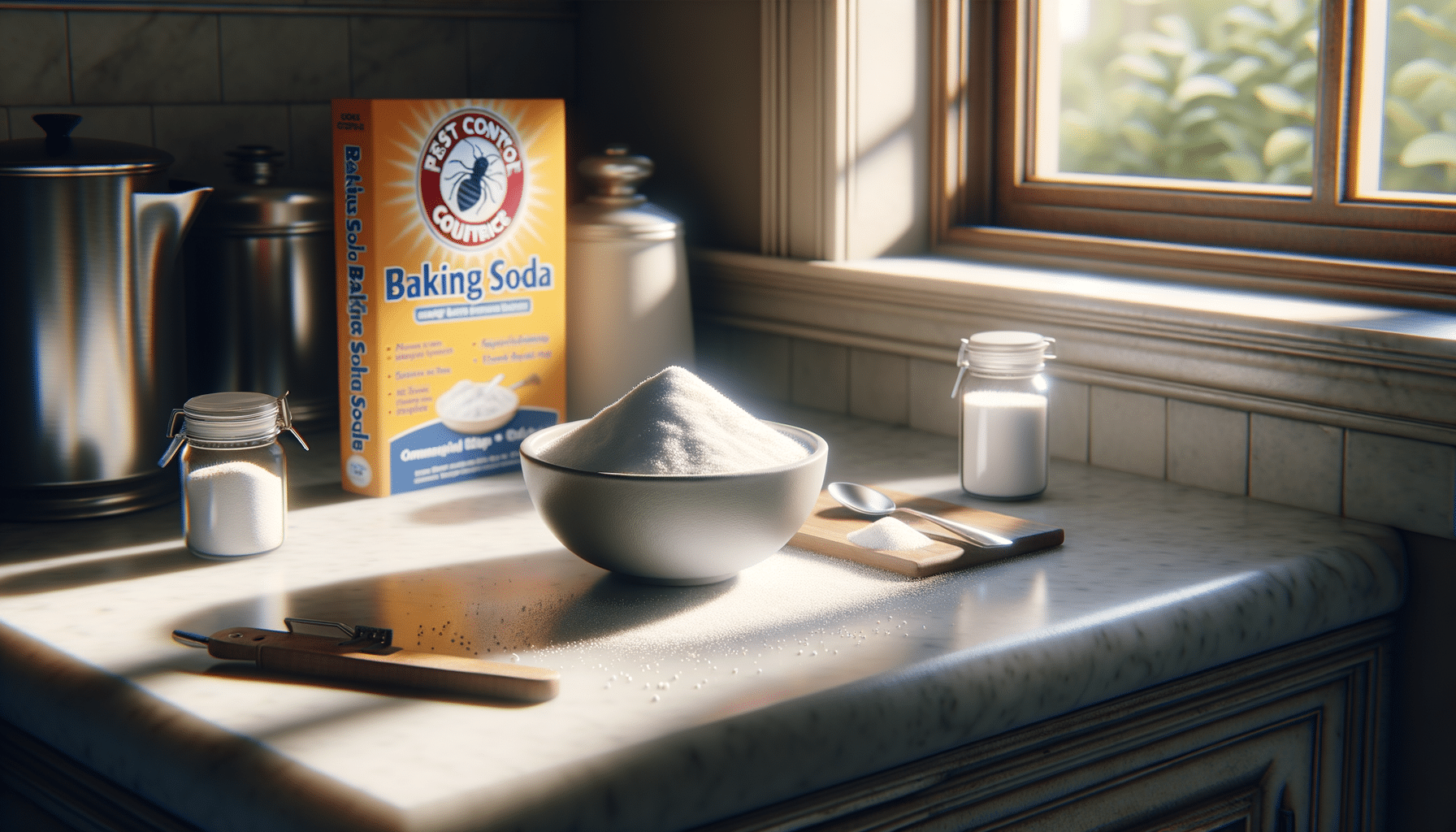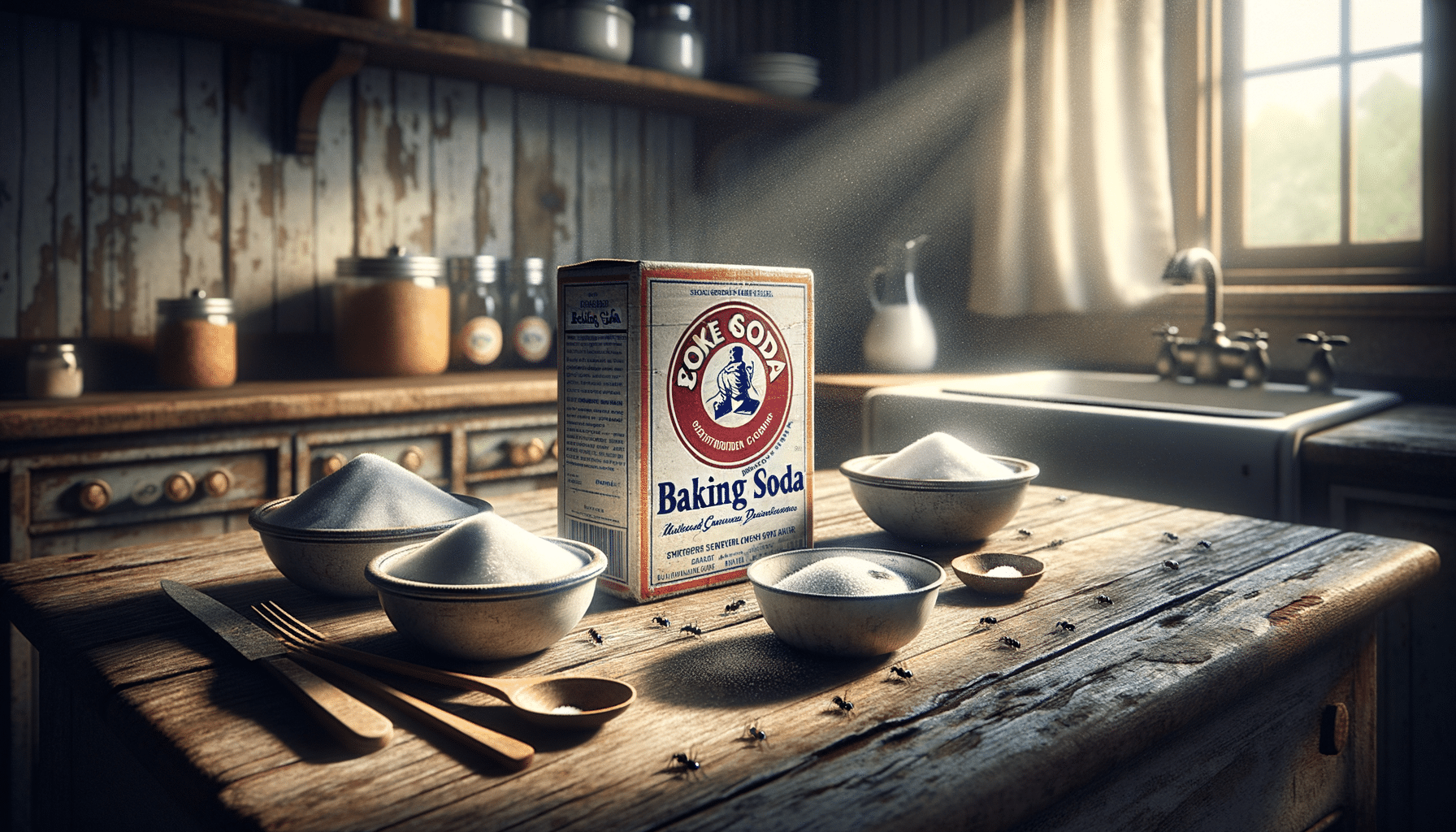
Women Share Their Pool Maintenance Rituals
The Importance of Regular Pool Maintenance
Owning a pool is a luxury, but it comes with its own set of responsibilities. Regular pool maintenance is crucial to ensure the longevity and safety of your pool. Without proper care, a pool can quickly become a breeding ground for bacteria and algae, which not only affects the water quality but also poses health risks to swimmers. Regular maintenance activities include checking the water’s pH levels, cleaning the pool surface, and inspecting the filtration system. These actions help in maintaining clear, safe water and preventing costly repairs in the future.
Moreover, routine maintenance helps in identifying potential issues before they escalate. For instance, a small leak can lead to significant water loss and damage to the pool structure if not addressed timely. By scheduling regular inspections, pool owners can enjoy their oasis without unexpected interruptions.
Common Pool Repair Issues
Despite regular maintenance, pools can face a variety of repair issues. One of the most common problems is a malfunctioning pump, which is the heart of the pool’s circulation system. Without a functional pump, water cannot circulate properly, leading to stagnant water that invites algae growth. Another frequent issue is a leaking liner, which can cause water loss and damage to the pool’s structure.
Cracks in the pool structure, whether in concrete or fiberglass pools, are also a concern. These can be caused by ground movement or wear and tear over time. Addressing these cracks promptly is essential to prevent further damage. Pool owners should also be aware of issues with the pool’s heating system, which can affect the pool’s usability during cooler months.
- Malfunctioning pump
- Leaking liner
- Cracks in the pool structure
- Heating system issues
DIY Pool Repair Tips
While some repairs require professional intervention, there are several DIY fixes that pool owners can attempt. For minor leaks, a pool repair kit usually includes a sealant that can be applied directly to the affected area. It’s a quick fix that can save time and money. For pump issues, checking the filter for clogs or replacing worn-out parts might resolve the problem without needing a full replacement.
Cleaning the pool’s surface and skimming debris regularly can prevent clogs in the filtration system, reducing the chances of pump malfunctions. Additionally, maintaining proper chemical balance in the water can prevent damage to the pool’s lining and structure. A regular check of the pool’s pH and chlorine levels ensures the water remains safe and equipment functions optimally.
When to Call a Professional
While DIY solutions are effective for minor issues, some situations demand professional expertise. If a pool owner notices persistent leaks despite attempts at repair, it may indicate a deeper issue that requires a professional inspection. Structural cracks, especially those affecting the pool’s stability, are best handled by experts who can assess and rectify the problem safely.
Professional intervention is also recommended for electrical issues related to the pool’s heating or lighting systems. Handling electrical components without proper knowledge can pose a safety hazard. Moreover, professionals have the tools and experience to conduct comprehensive inspections, ensuring all potential issues are identified and addressed.
Preventive Measures for Pool Longevity
To minimize the need for repairs, adopting preventive measures is key. Regularly checking and maintaining the pool’s equipment, such as the pump and filtration system, can prevent malfunctions. Ensuring the pool’s chemical levels are balanced not only keeps the water safe but also protects the pool’s materials from damage.
Investing in a quality pool cover can protect the pool from debris and reduce evaporation, which helps maintain water levels and reduces the strain on the filtration system. Additionally, scheduling annual professional inspections can catch potential issues early, saving on costly repairs in the long run.


